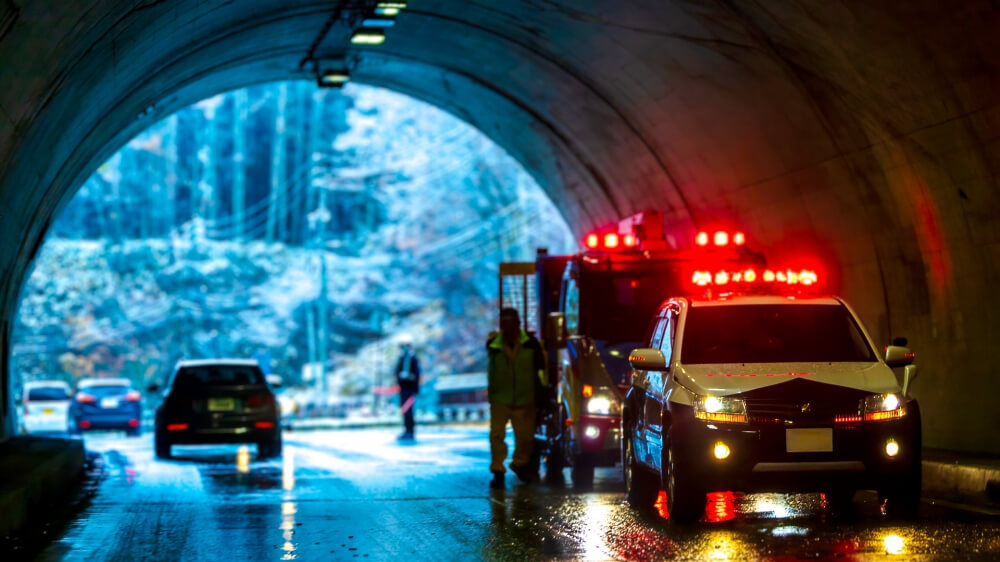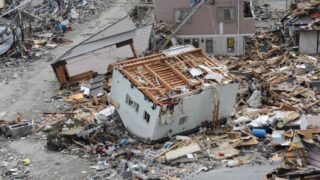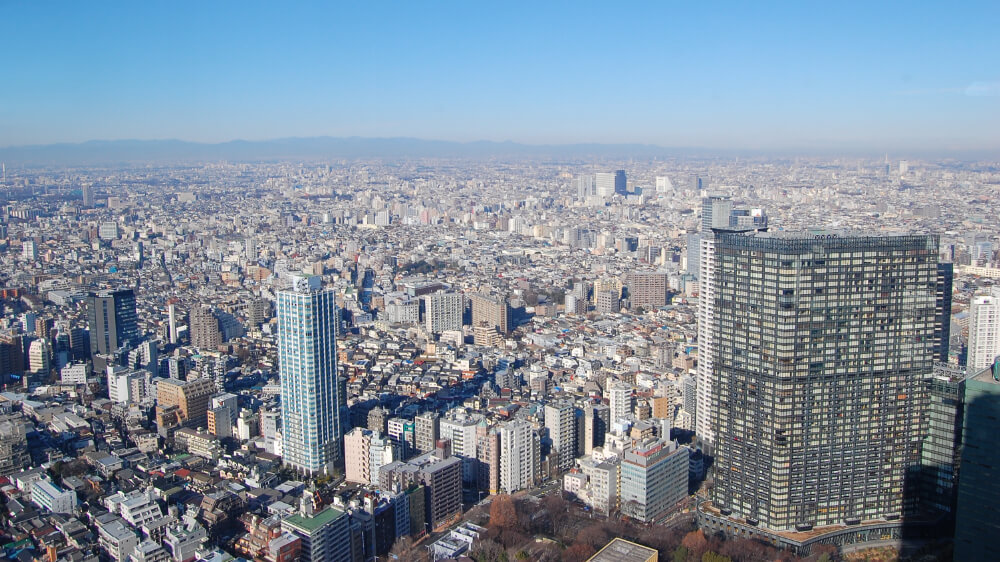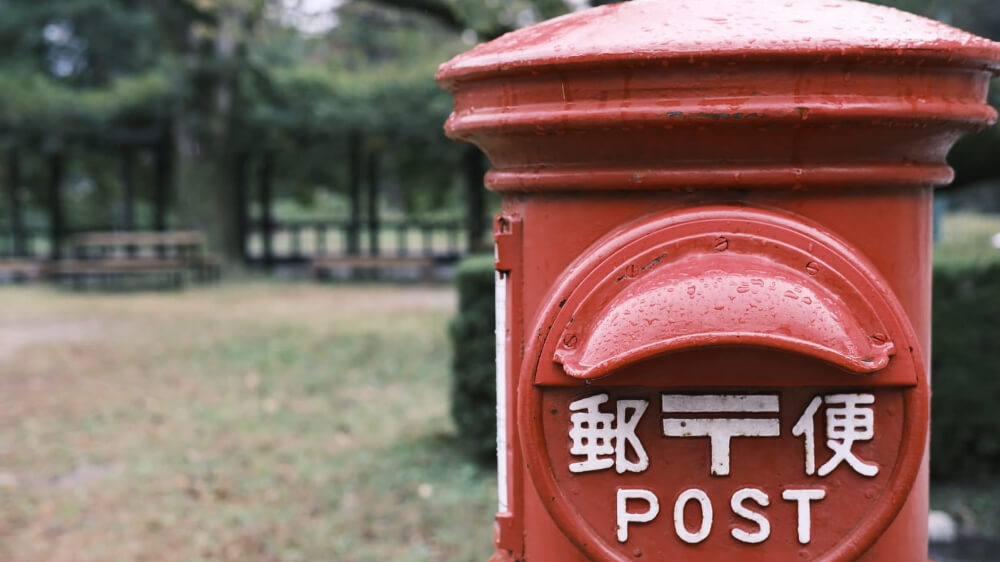Emergency contact numbers and actions to take vary by country. Whether you’re a traveler or a resident, knowing what you should do in the country where you are living is essential. This article provides information on emergency contact numbers in Japan, along with other useful information and helpful Japanese phrases in emergency situations.
Emergency Contact Numbers in Japan
Two primary emergency contact numbers are provided in Japan. Both lines provide English-speaking operators in most areas. However, connecting to an English-speaking operator may take time, so it’s recommended to remember a few key phrases and words to explain the situation for getting smoother assistance.

Contacting the Police (110)
In cases such as traffic accidents or being involved in crimes like theft or assault, contact the police. When you call, you’ll be asked, “Is it an incident? Or an accident?” by the police officer.

Calling the Fire Station or Ambulance (119)
In Japan, the fire department and ambulance share the same phone number. When you call, you’ll be asked, “Is it a fire or a medical emergency?” You can try calling this number first in the event of a disaster, in addition to fire or sudden illness in your daily life.
You can learn words and expressions to describe the state of your body in “Health-related Japanese words and expressions.” Also, the list of English Speaking Hospitals and Clinics includes hospitals in Tokyo that can provide emergency care in multiple languages.
Other Useful Contact Numbers
There are types of emergencies that police or fire departments may not handle.
Embassy
Embassies and consulates are established to provide support for emergencies occurring abroad. When in distress in a foreign country, you can contact your embassy for appropriate assistance. The Ministry of Foreign Affairs website lists contact information for each country.
Maritime Rescue (118)
For emergencies occurs in the sea, the number you should call is different. Calling 118 connects you directly to the Japan Coast Guard, ensuring faster action.
Emergency Medical Information Center (7119)
When faced with injuries or illnesses that are not highly urgent, call 7119. You can receive advice over the phone from doctors or nurses. The availability of English support varies by region.
What to Do When Your Phone Isn’t Working?
- Ask for Help Around You
Most Japanese people have smartphones that can make calls. Asking them to make a call for you is the fastest and most reliable way. Knowing Japanese expressions for emergencies can further facilitate communication.
- Search for Public Phones
Although the number of public phones is decreasing, they can be still found in the stations, hospitals, or convenience stores. Japanese public phones are usually bright green or gray. Emergency calls can be made without inserting money.
- Find an AED
AEDs (Automated External Defibrillators) are medical devices that can provide electric shocks to save a person in cardiac arrest. They are often installed in public facilities like train stations, convenience stores, or schools for anyone to use in case of emergencies.
Useful Japanese Phrases for Emergencies

- 緊急 (kinkyu) – Emergency
- 事件 (jiken) – Incident
- 事故 (jiko) – Accident
- 火事 (kaji) – Fire
- 救急車 (kyukyu-sha) – Ambulance
- 警察 (keisatsu) – Police
- 消防所 (syobo-sho) ‐ Fire station
- 怪我 (kega) – Injury
- 病気 (byouki) – Sickness
- 電話 (denwa) – Phone / Phone call
- 助けて!(tasukete!) – Help!
- 痛い (itai) – It hurts
- 盗まれた (nusumareta) – Stolen / Mugged
- 英語は話せますか? (eigo wa hanase masuka?) – Do you speak English?
Reading an article introducing essential Japanese phrases for traveling including emergencies, is also recommended.
Knowing emergency contact numbers and other useful information provides reassurance during stays in overseas. Additionally, we highly recommend you to learn several Japanese phrases for emergencies to be better prepared.



